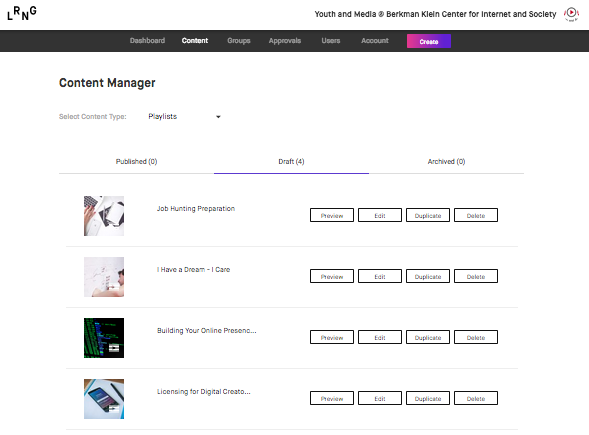Category: Pedagogy
-
How Virtual Reality Can Bring Citizen Science to Your Science Classroom

In a participatory democracy, citizens engage in the democratic process. For some reason, this idea is often removed from our classrooms. The truth is that social issues have a natural place in our classrooms, particularly in science classrooms. So much of science learning focuses on content learning; connecting the content to issues that affect students […]
-
Ten Learning Outcomes That Inspire–Not Police—Learning #neweducation
This is a post about “Learning Outcomes” and you’ll be surprised to hear it isn’t a rant. I’m no big fan of the whole “outcomes” language and mentality–or I wasn’t until the day I thought to myself, “Why not ask students to write them and see what they think are good outcomes.” As usual, […]
-
How Would You Remake the English Major? #neweducation
Remaking English: How Would You Do It? Since my original discipline is English, I am often asked how I would remake English departments. Good question. And I always throw the answer back to the person asking the question: What would you and your colleagues and students like from your English department? What is your vision […]
-
Sky, Water, Earth: Final report

First of all, our team wishes to thank the DML Competition for the opportunity to explore and play. We have already learned lots from the development phase. I expect to gain more insights and develop additional best practices as we move to the maintenance phase of the project. I’ve pulled key points from our full report that may be […]
-
Timekeeping as feminist pedagogy

Whether you have known me as one of my students or a colleague, you may have noticed that I am obsessive about timekeeping in meetings, events, and the courses I teach. If you haven’t known me in either capacity, nice to digitally meet you. My name is Danica and I am obsessed with timekeeping. This […]
-
Reflections: The digital archive and the pedagogical possibilities of Raoul Peck’s “I Am Not Your Negro”
Over the past year, I’ve been thinking quite a bit about digital archives. As a HASTAC scholar for Vanderbilt’s Robert Penn Warren Center for the Humanities, I spent some time editing our digitally hosted archive, Who Speaks for the Negro. The archive contains a collection of audio files and transcripts that document interviews conducted by […]
-
Sandboxes for Learning Final Report

Written by Paul Allison, Christina Cantrill, Joe Dillon, Dawn Reed and Chris Sloan Our question at Youth Voices (youthvoices.live) for over fourteen years now has been how do we create spaces where youth can create and enter into conversations with peers from around the country about issues that matter to them. As educators working with youth, […]
-
Final Project – Syllabus and Curricular Arc for Anti-racist Course
Writing Your Way to a New Theory of Race and Racism In this class, you will use reading and writing to challenge your assumptions around race, to investigate your relationship to race, and to design a new cognitive paradigm around race and racism. The overall goal of the class is to empower you […]
-
Challenges and Opportunities of Co-designing Playlists with Youth (DML Competition Final Report)

The main goal of the Digital Citizenship Learning Playlist project was to co-design four digital citizenship playlists in collaboration with young people from youth-serving organizations in the Boston metropolitan area. Working together, we created four playlists, addressing specific questions that youth had about sharing personal information, credibility, careers, and digital rights and responsibilities. Where helpful, […]
-
“We Aren’t Therapists”: Mental Health in Our Classrooms
(Cross-posted from the Teach @ CUNY’S Visible Pedagogy site, here.) Too often, we encounter the refrain that “professors are not therapists.” This is generally true, and a reminder of the importance of healthy boundaries and self-care. At the same time, this refrain is also too frequently used as an (unintentionally) ableist excuse for not making […]